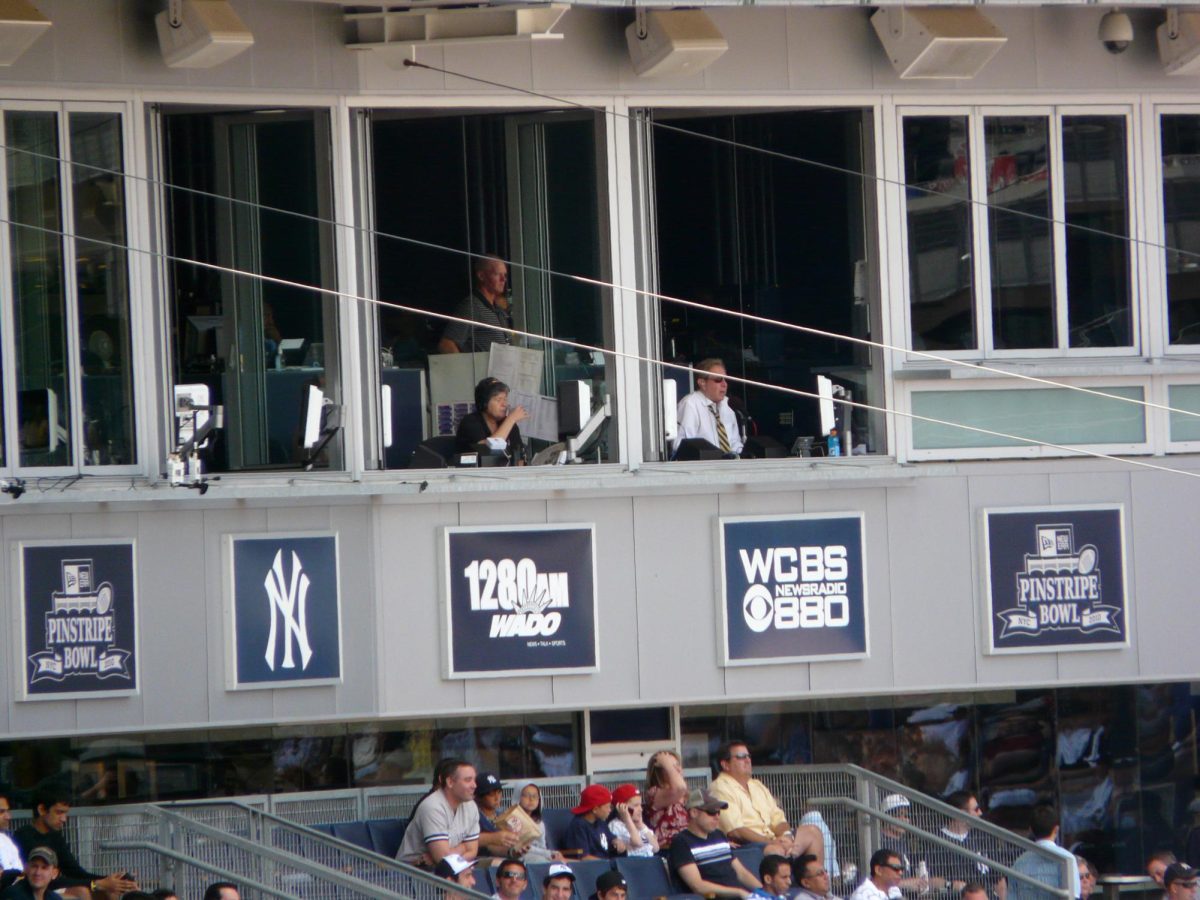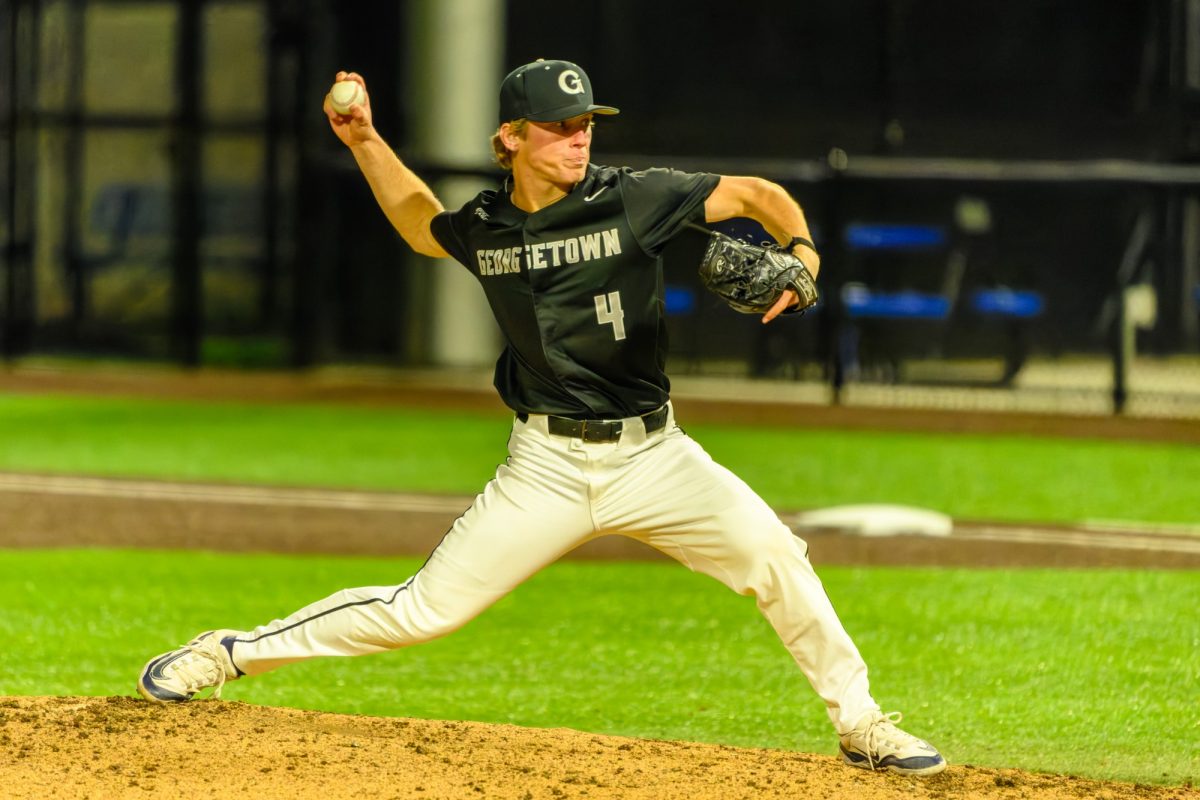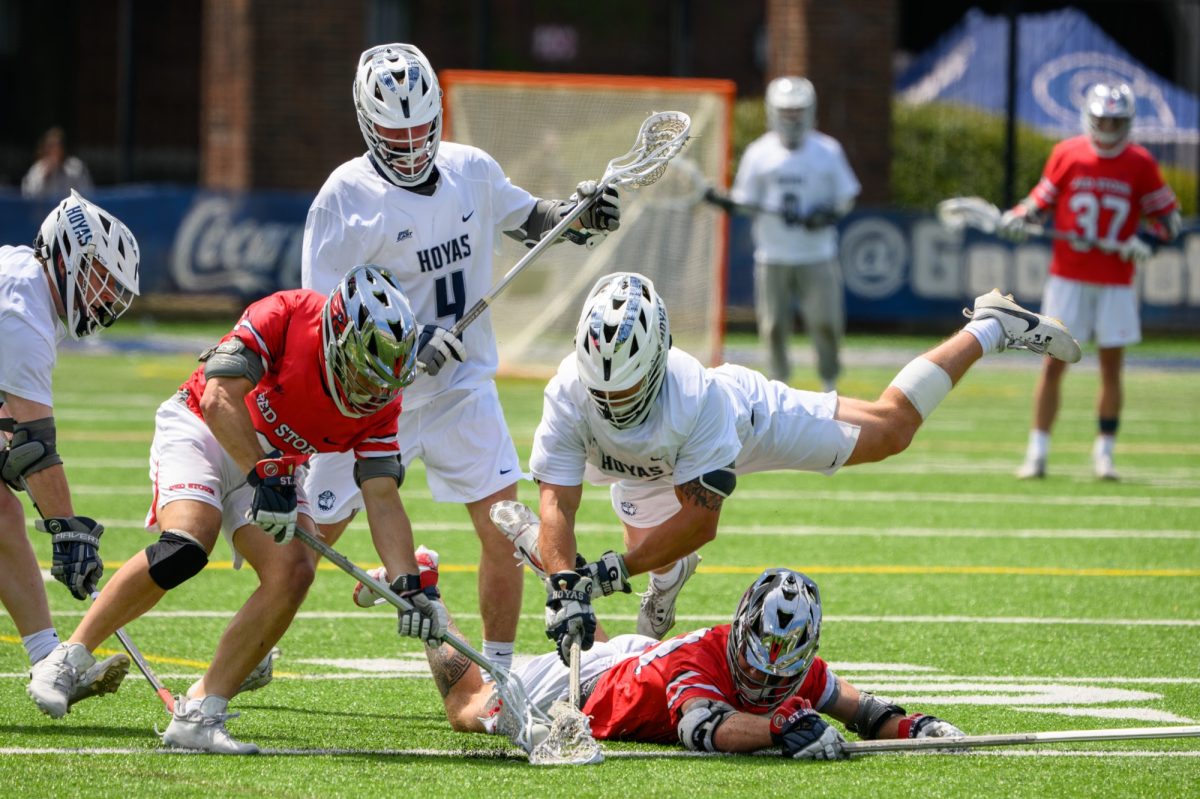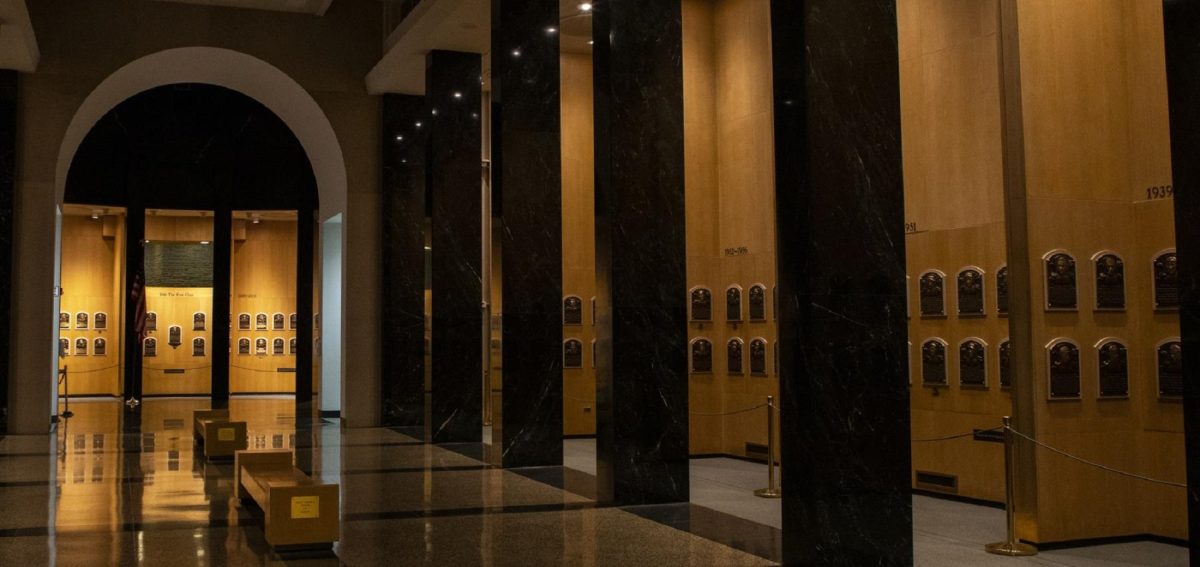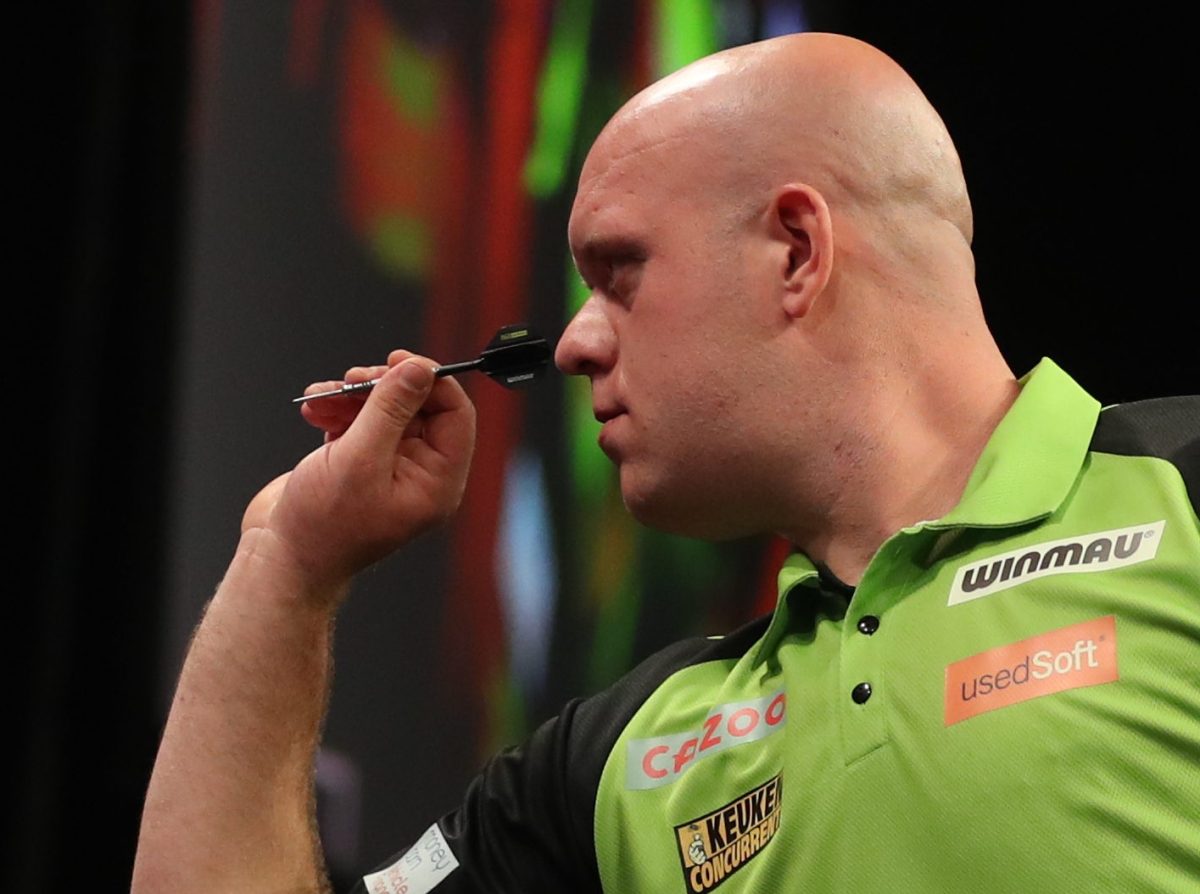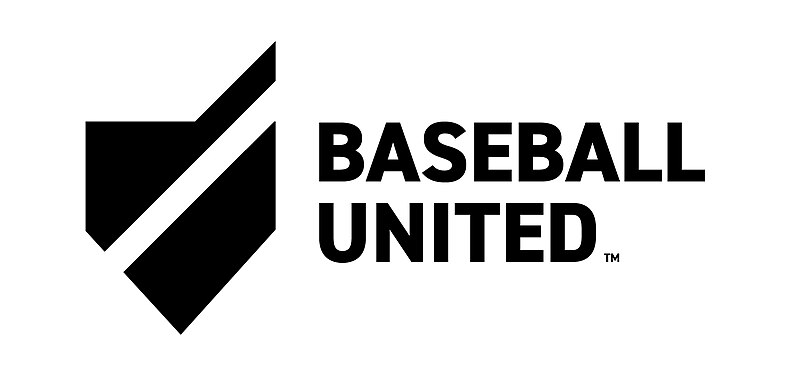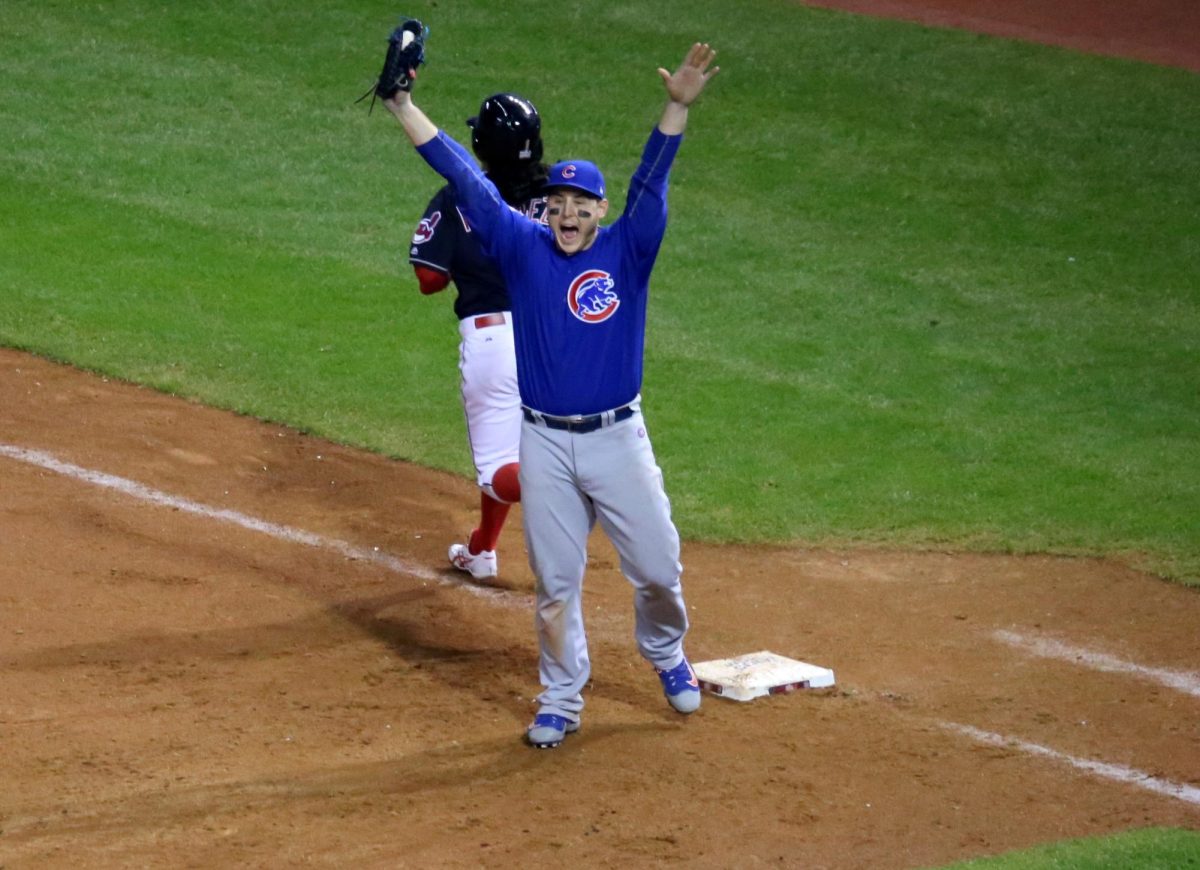If Keith Olbermann is to be believed, baseball fans should be worried about what’s happening to the game they love. Here are the ominous words Olbermann said about America’s pastime during his show on June 29: “In the time since Opening Day 2014 … the entire heart of the game has been removed and replaced by a video tape replay machine.” Yes, in fewer than two seasons, apparently the integrity of the game has been eradicated by the introduction of instant replay.
Keith Olbermann is known for his bold and unfiltered opinions, and he’s not afraid to let you know about them in a hyperbolic manner. But with such a claim, one can’t help but ask what replay has done for baseball. In the seasons leading up to 2014 everyone was clamoring for it, so it must ultimately be beneficial, right?
Well, let’s start with why Olbermann doesn’t like it. His argument can be broken down into two main claims: Replays take up too much time, and they can rob fans of the excitement of witnessing a great play. I’m willing to concede a bit on the former, but I find the latter completely false.
We all know baseball has issues with game length. According to The New York Times, in 1984 the average game length was two hours and 35 minutes, while in 2014 it reached three hours and 2 minutes — a record. The narrative surrounding baseball has said it’s too slow and too long and doesn’t fit the quick and exciting mold that contemporary society demands. The MLB knew it needed to do something, so it introduced the pace-of-play rules. They seem to be working because as Jayson Stark of ESPN reported, the average length of a game in May was 2:52, down 10 minutes from last season.
Are replays something that need to be eliminated to further lessen game time? I don’t think so. The MLB has the technology, so it must use it to try to limit incorrect calls, but that doesn’t mean replays cannot get more efficient.
Apart from Olbermann, the complaints that have been lodged against replay this year have come from managers. Angels Manager Mike Scioscia, the Tigers’ Brad Ausmus and the Cubs’ Joe Maddon have all been critical of replay. But it hasn’t been for the time; it’s been for its inability to accurately correct calls. For example, in the Cubs’ game against the Dodgers on June 24, Cubs outfielder Chris Denorfia got thrown out at second to end the game. The Cubs lost 5-2, but Maddon challenged the call, and although replays show Denorfia was almost clearly safe at second, the umpires didn’t change the call. Maddon said during his press conference after the game, “To say there was nothing definitive right there, I could not disagree more strongly.”
Scioscia had a similar sentiment when he said to the Los Angeles Times, “There’s no standard for what is going to overturn a call. … I think it has to get where you have independent crews that stay in New York and do one thing, evaluate plays.” Scioscia hit the nail on the head. The problem is that what constitutes definitive proof to overturn calls is extremely inconsistent. Even when there are calls most view as clearly wrong, umpires sometimes still feel there isn’t conclusive evidence to overturn them.
The umpiring crew that judges replays is stationed in New York, and they rotate just like other umpire crews, so it changes throughout the season. What Scioscia is saying is that an independent, permanent crew should handle all replays, and I agree. The MLB could create a much more specific and clear standard for conclusive evidence, and with the same umpires judging all replays the entire year, the calls would be consistent and that standard would not change with each new umpiring crew.
Second, this would lessen the amount of time replays take. The Cubs replay took over three minutes, as did the ones that upset Scioscia and Ausmus. With a regular crew to enforce the standard, a judgment could be rendered much more quickly.
The second issue Olbermann has with replay was stated by Mets commentator and former Mets pitcher Ron Darling, whose words Olbermann quoted on his show: “You see a spectacular play. An outfielder makes an amazing throw to catch a runner at third. … Before where there is excitement and electricity … there is now, instead, almost a feeling of dread in the stands.”
In echoing these words, Olbermann means to convey that amazing plays now often “automatically” get reviewed; it’s as if no one can enjoy an amazing catch or throw because it will be challenged. This is simply not true.
Turn on “Sportscenter” or “Baseball Tonight” and you can see a bunch of amazing plays every day — Mike Trout, Andrelton Simmons and others continue to shock fans. Even while making this argument, Olbermann showed highlights of plays in which many would never be challenged, detracting from his own point.
He then said, “Did I see Willie Mays run down that Vic Wertz’s fly in the World Series or did he lose control of it while changing hands?” It just got more ridiculous. History-defining moments will continue to happen. If anything, replay will keep those magical moments from not being ruined by bad calls — just ask former pitcher Armando Galarraga who didn’t get his perfect game with the Tigers in 2010 after a blown call. Replay would’ve etched that moment in baseball history for the right reasons.
So while, yes, the replay system can and should be altered, Olbermann’s cries are over the top. Baseball’s heart is fully intact, and replay is not going to destroy it.
Robert DePaolo is a rising senior in the College. The Wind-Up appears every Saturday.








